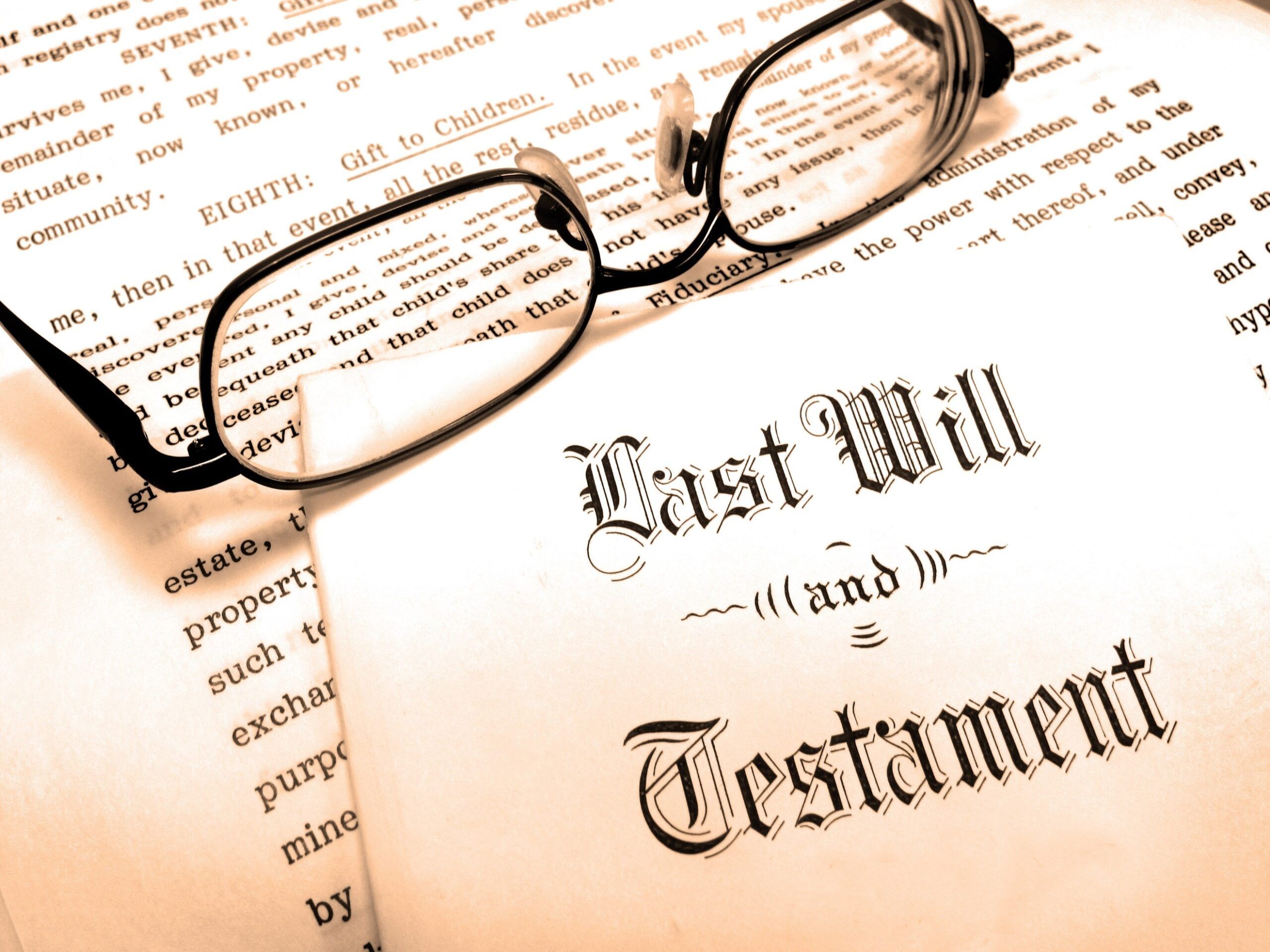
What Is Probate? Answers to the Most Common Questions
When you pass away, most or all of your estate will go through a process known as probate. While many people have heard of probate, few really understand what it is and how it works. Here are some answers to your questions.
What Is Probate?
Probate is a legal process handled in a dedicated court system that oversees the orderly and lawful distribution of estates. In general, all wills must pass through probate to be approved as legally valid. If anyone contests a will, the probate court will handle the adjudication. The court outlines a series of steps to ensure the estate is managed and distributed according to state inheritance rules and the deceased’s wishes.
While individual probate court rules vary by state, the process is similar. A personal representative or executor is appointed to locate estate assets, notify and accept claims from creditors, file and pay taxes, notify beneficiaries, manage the assets, and provide a full accounting to the court. When that accounting is approved, assets are distributed to heirs. With the estate liquidated, the probate case is closed.
How Long Does Probate Take?
A simple estate with no complications can pass through South Carolina probate in as little as eight months. However, many estates spend longer—ranging from one year to several years. Things like will contests, failure to meet deadlines, complex assets, disputes among heirs, sales of assets, and missing beneficiaries can all delay probate completion.
What Is Probate Like With No Will?
As mentioned, wills must go through probate. But what if you leave no will? The estate of a person who dies intestate (with no will or estate plan) is subject to state inheritance rules overseen by the probate court. The court will appoint a personal representative to manage the estate. Creditors will be given notice to file claims against the estate. State inheritance laws determine who gets what.
Can You Avoid Probate?
For most people, probate is not completely avoidable. After all, a will is one of the key foundation documents of estate planning. However, you can minimize what is subject to probate. When you designate a beneficiary for an account, such as a bank or brokerage account, that money passes directly to them outside of probate. Many people also use trusts to transfer assets with no oversight.
How much you use these probate-avoidance tools depends on your goals, assets, and beneficiaries. Direct transfer helps beneficiaries because it speeds up and smooths out the transfer of assets. It also protects both your privacy and the privacy of beneficiaries. However, it can also be more complicated.
How Can You Prevent Delays?
The best way to ensure your will passes through probate as quickly as possible is to first write a valid will. Work with a professional South Carolina attorney to include all the right legal language and follow state rules to reduce the possibility that anyone will successfully contest it.
As mentioned, you may also choose to pass certain assets to beneficiaries through other legal tools, leaving fewer to undergo probate. Appoint a reliable and diligent executor and keep your will up to date by reviewing and revising it on a regular basis.
Where Should You Start?
Ready to get started drafting a will that goes through probate as easily and quickly as possible? Begin by meeting with Crews Law Offices today. We will put our experience in helping your South Carolina and Georgia neighbors to work for you. We can also help those who are currently dealing with an estate in probate. Call today to make an appointment or to learn more about probate in this state.
